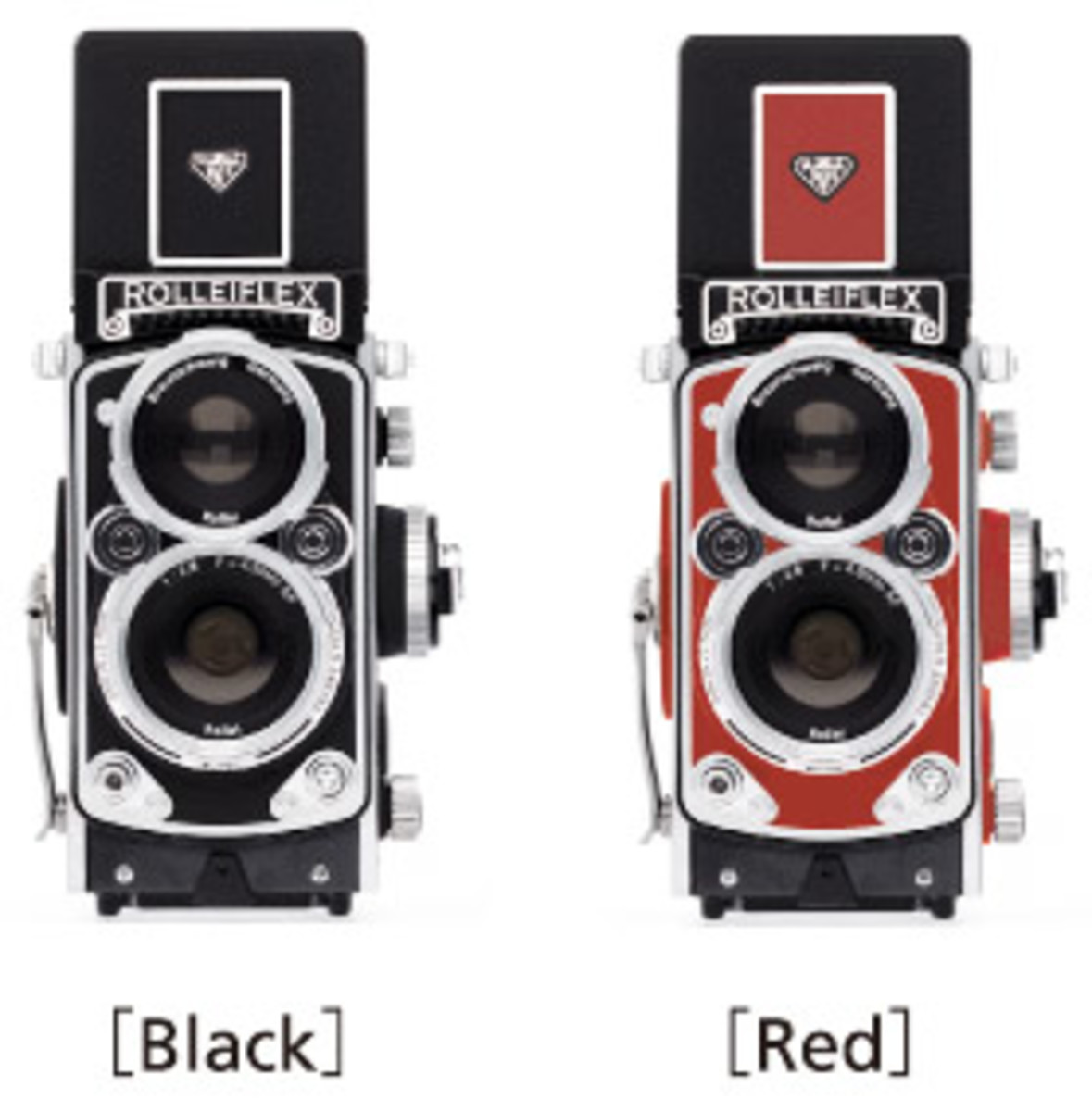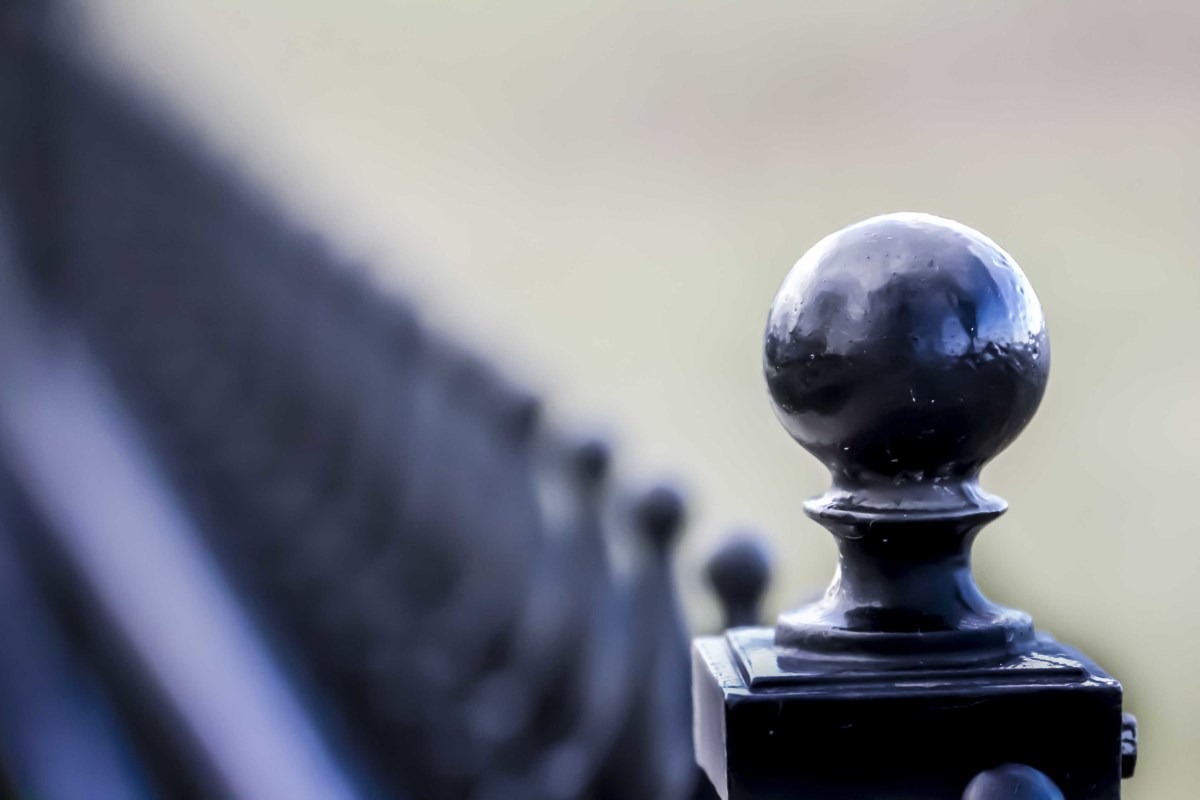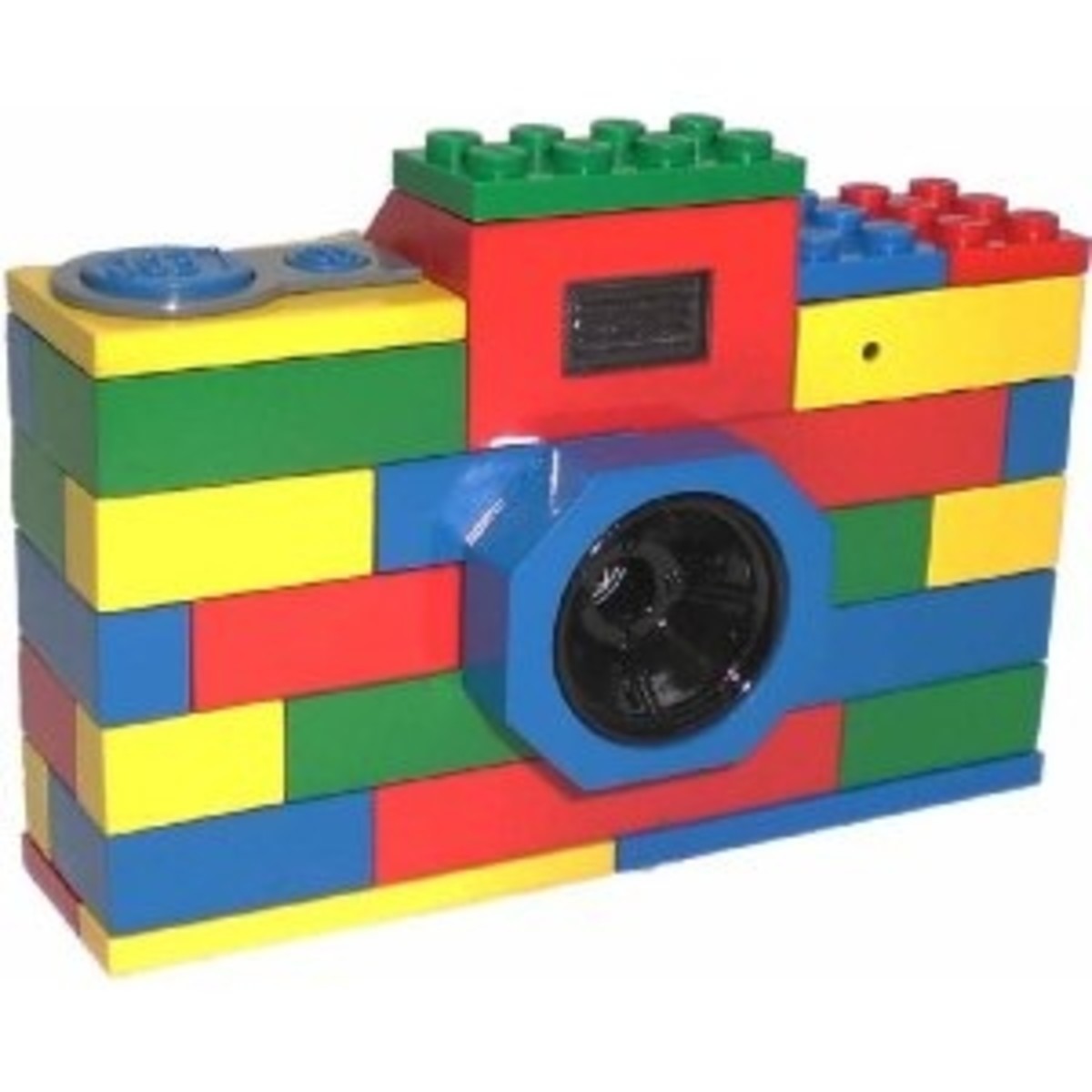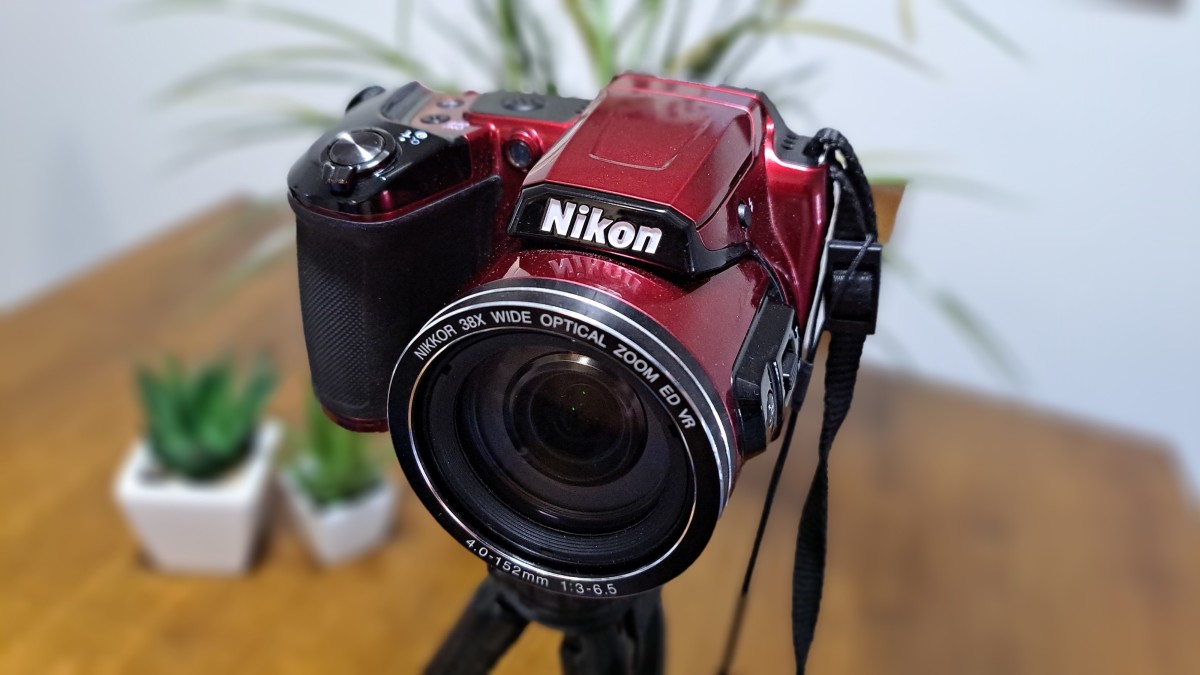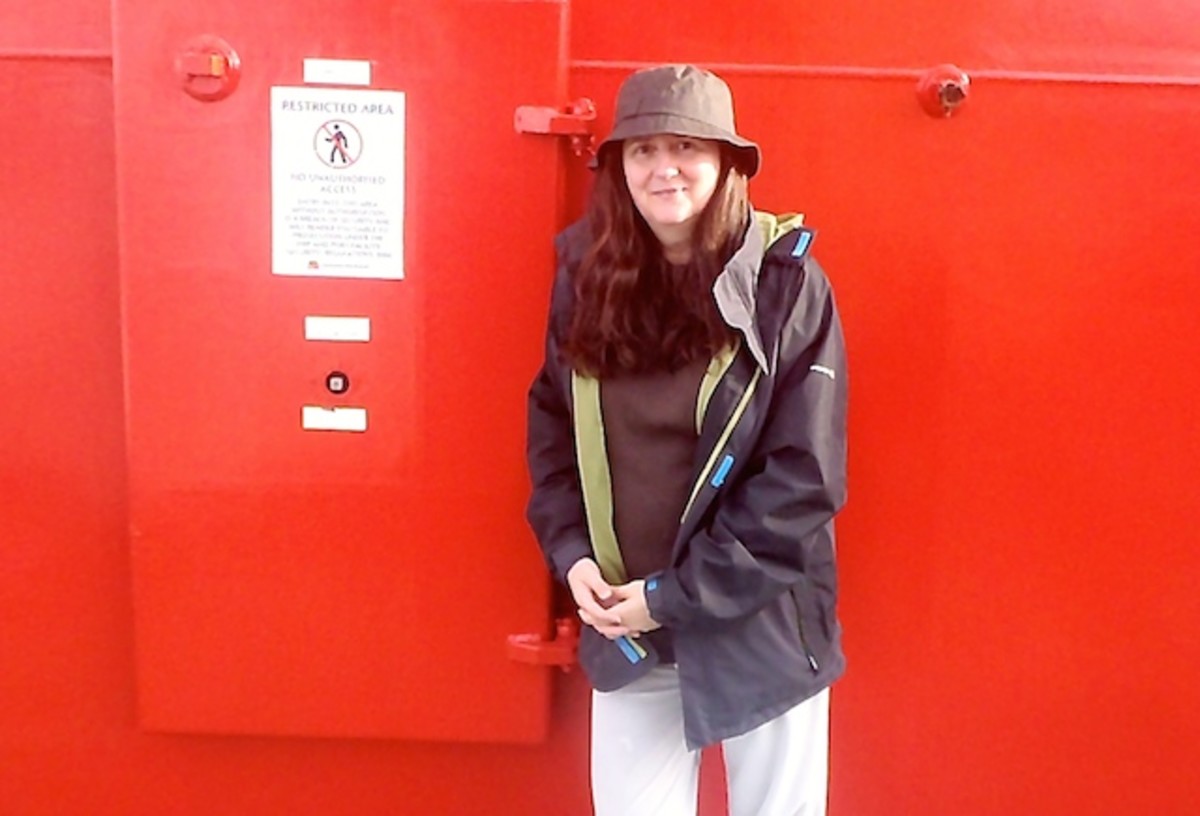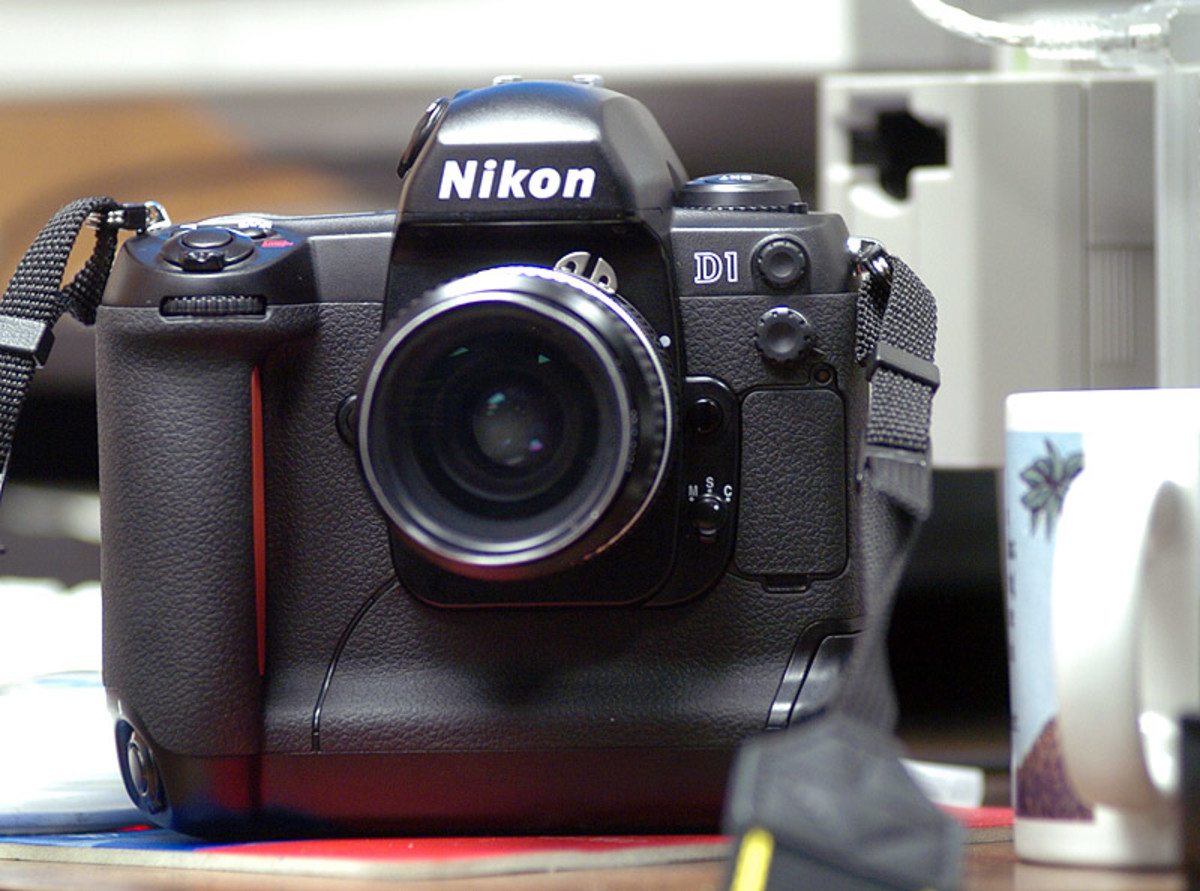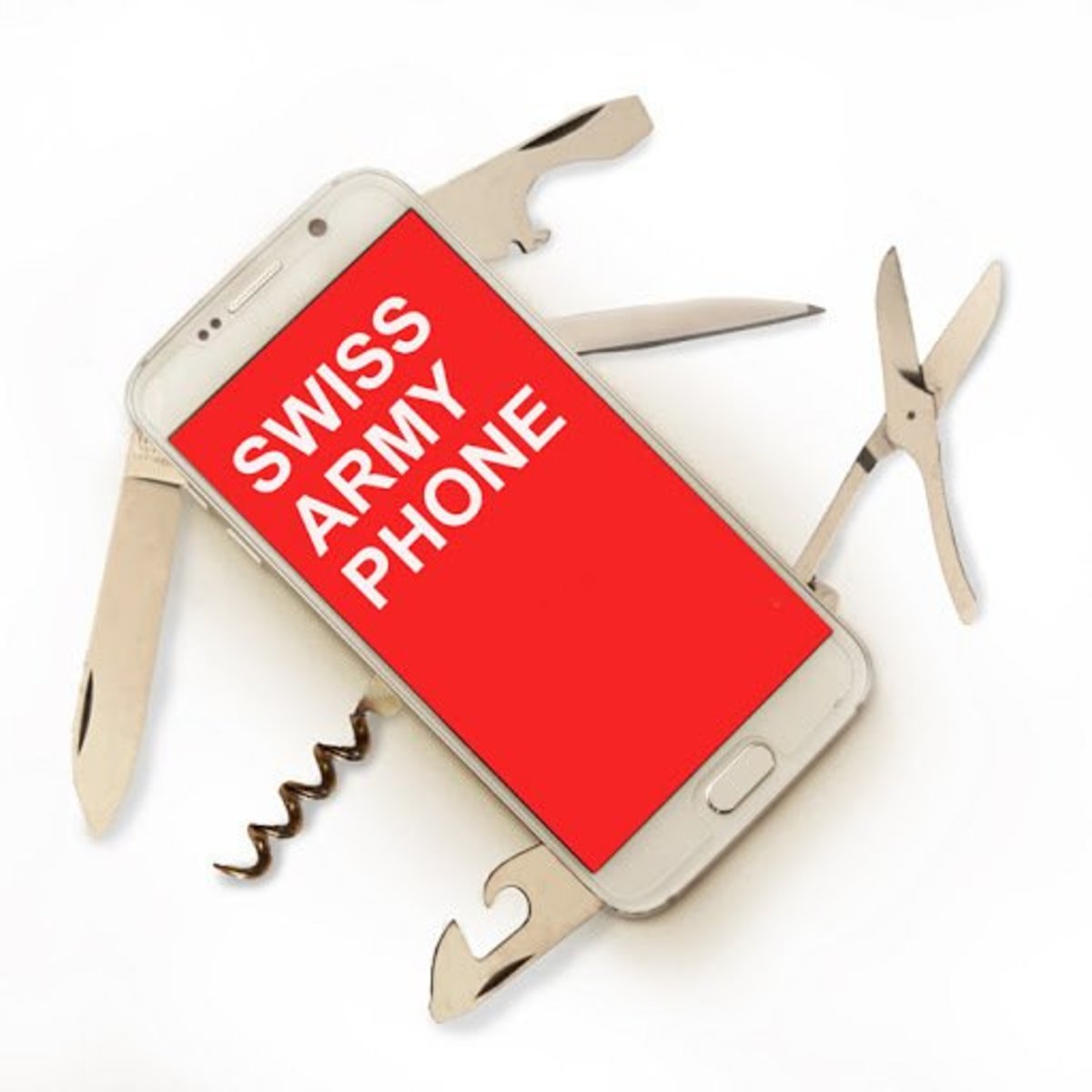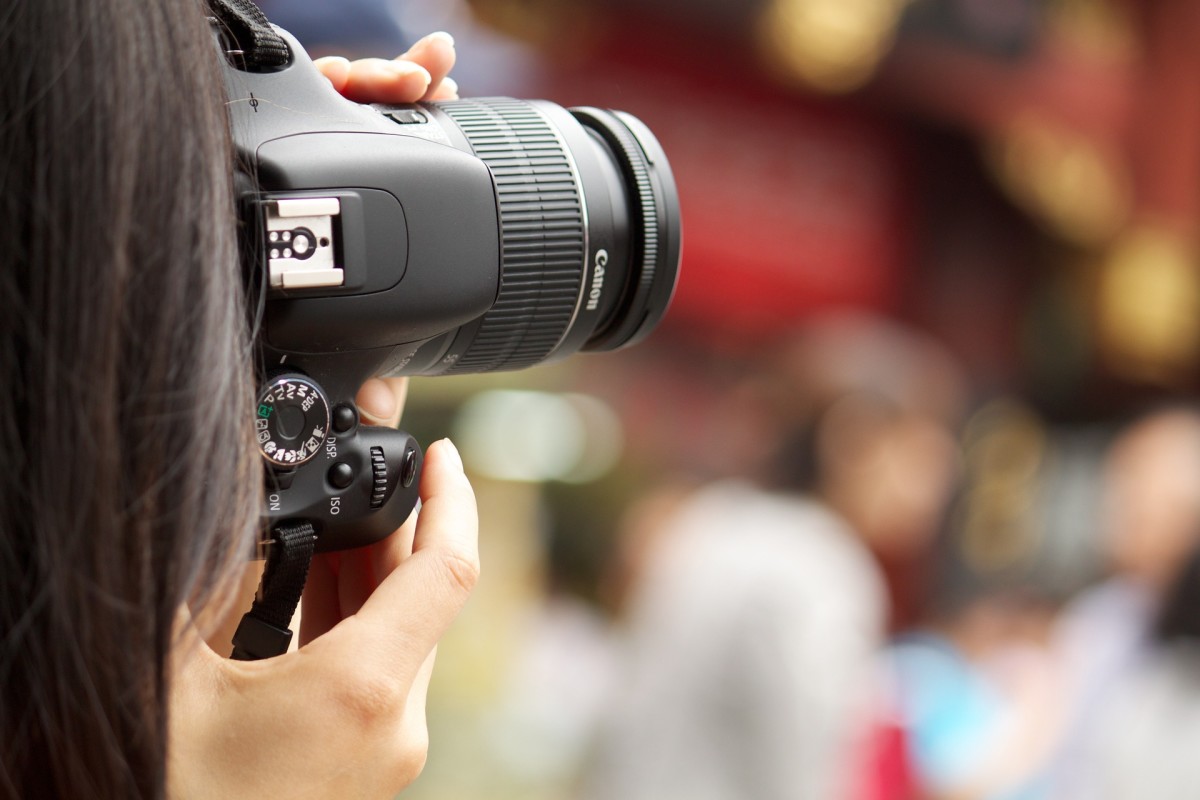- HubPages»
- Technology»
- Consumer Electronics & Personal Gadgets»
- Portable Electronics
Full Frame vs Crop sensors in Digital SLRs
With the move from film photography to digital photography, one of the new variables that came into play was sensor size.
In the old days, all single-lens reflex cameras (SLRs) used 35mm film. Whether you bought the top of the range SLR or an entry-level 35mm camera, the picture quality would be the same. With digital photography, this is no longer the case.
Aside from digital SLRs offering the ability to change lenses, add more powerful flashes and shoot at speeds that point-and-shoot cameras could never hope to achieve, a huge advantage of digital SLRs is the fact that they have much bigger sensors and are therefore able to produce photos of a much higher quality.
But not all digital SLRs have the same size sensor. Some have what is called full frame sensors while others have crop sensors.
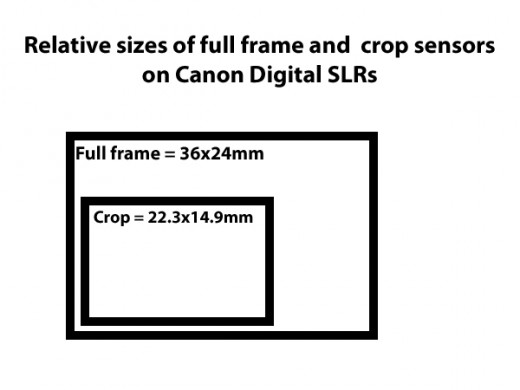
Full Frame
Many professional and semi-professional digital SLRs have a full frame sensor. The size of the sensor is 36 x 24mm.
Crop Sensors
Entry-level digital SLRs as well as some mid-size SLRs have a crop sensor. The sensor of entry level Canon SLRs is 22.3 x 14.9mm. Entry-level Nikon cameras have a slightly larger sensor, which measures 23.6 x 15.7mm.
The effect of the crop sensor is that, when using lenses designed for a full frame camera, not everything the lens sees will fit onto the sensor. As a result, you will not get the same image as you would if you used that lens on a full frame camera.
This means that a lens with a focal length of 50mm actually has a different effective focal length when used on a camera with a crop sensor. To work out the effective focal length, you would multiply by 1.6 for a Canon camera or 1.5 for Nikon. Olympus cameras have an even smaller sensor, and to work out the focal length on their cameras, you would need to multiply by 2. This means that effectively a 50mm lens would give you a different focal length on each camera as follows:
- Full frame (any brand): 50mm
- Canon crop sensor: 80mm
- Nikon crop sensor: 75mm
- Olympus crop sensor: 100mm
So which is better?
If your only consideration is getting the best possible image quality, then a full frame sensor is the best choice. But full frame SLRs are much more expensive than SLRs with crop sensors, and may not be the best for your requirements.
If you are most interested in shooting portraits and/or landscapes, then a full frame sensor may be the best choice for you. If, however, you want to shoot fast moving sports or birds-in-flight, there may be advantages to using a camera with a crop sensor.
The fact that the effective focal length of the lens is longer on a crop sensor camera means that any given lens will allow you to get closer to you subject. To get the same shot with a full frame camera, you would need a longer lens which would usually be bigger and more expensive. So the crop sensor can be a help if your subject is far away but a disadvantage if you want to fit as much of a landscape as possible into your shot.

Aside from the effective focal length, the sensor size also has an effect on depth of field. If everything else is equal, a larger sensor will enable you to get shallower depth of field if that is what you desire. So if you want a sharp subject that stands out against an out-of-focus background, full frame will make this easier to achieve. If you are using a crop sensor, this can still be accomplished by using a lens with a larger aperture.
While many people will say a full frame sensor is better, it really does depend on your requirements.
Planning for the future
Maybe you have decided that you are happy with an entry-level camera for now. If you believe that in a year or two you may want to move up to a more professional camera with a full frame sensor, be careful in your lens choice. There are many lenses made specifically for use on digital SLRs with crop sensors. Lenses made for use on cameras with full frame sensors, however, can be used on any SLR, including a film camera, if you ever feel the desire to use one.

